Venice Isn’t Alone: 7 Sinking Cities Around the World – How Stuff Works
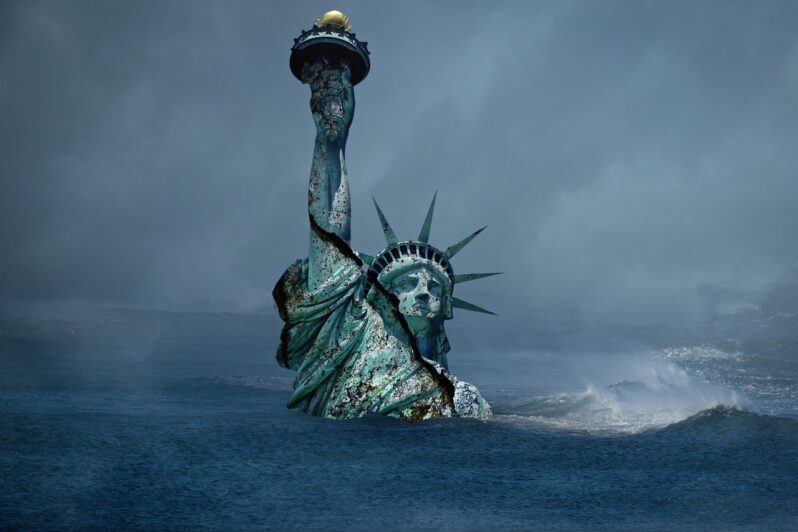
Many big cities sit near the ocean. They became cities in the first place because their ports facilitated trade and travel by sea.
Coastal cities all over the world are sinking — a geological process called subsidence — and it’s happening at a rate that makes scientists nervous. If these bits of land didn’t have important cities on them, it’s likely nobody would notice, or, in some cases, that they wouldn’t be sinking at all…
In Vietnam, the mighty Mekong’s banks are crumbling as illegal sand miners run riot – South China Morning Post
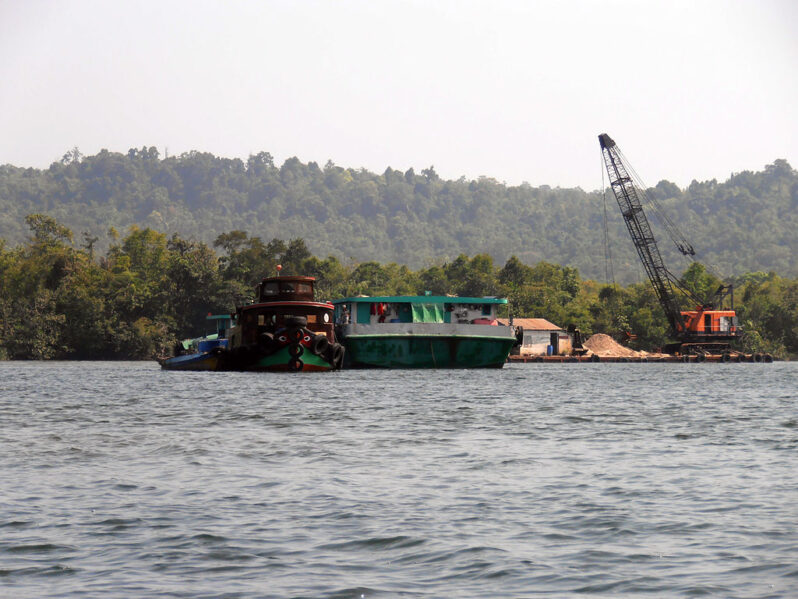
When the retaining wall of Vietnamese fish farmer Ho Thi Bich Tuyen’s catfish pond collapsed into the Hau River several years ago, she knew who was to blame: illegal sand miners.
“They took the sand, and the riverbed just kept going lower and lower,” she said. “There were so many of them. The sand miners came close to the riverbank. So I told the local ward officials to shoo them away, but at night they came back again…”
A Thirst for Sand – Mekong Eye
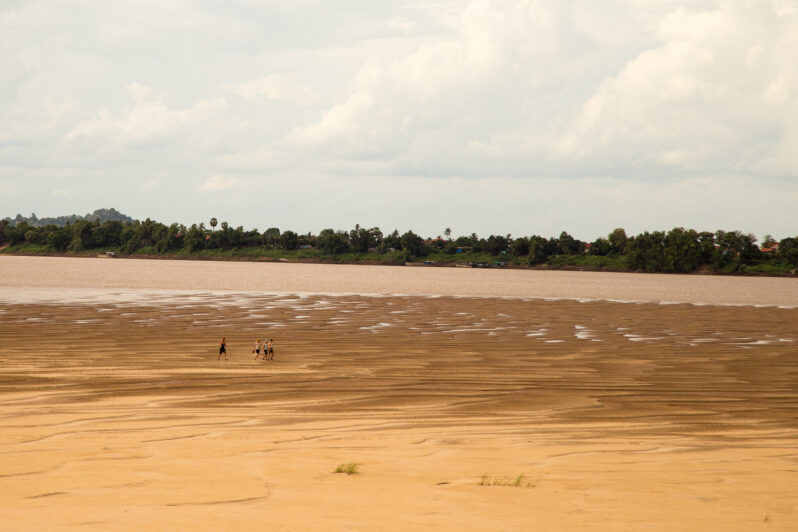
The rising demand for sand to resume post-pandemic growth drives unregulated and illegal sand mining in the Mekong River, where people living along its banks have lost their houses and fortunes to severe erosion.
One October morning in Vietnam’s Dong Thap province, 72-year-old Nguyen Thi Cam sat on the banks of the Mekong River, staring at dredgers hoovering up sand in the distance.
“My house was over there before,” she said, pointing to a raft floating about 50 meters from the riverbank…
Life’s no beach for Thais affected by sand mining – Mekong Eye
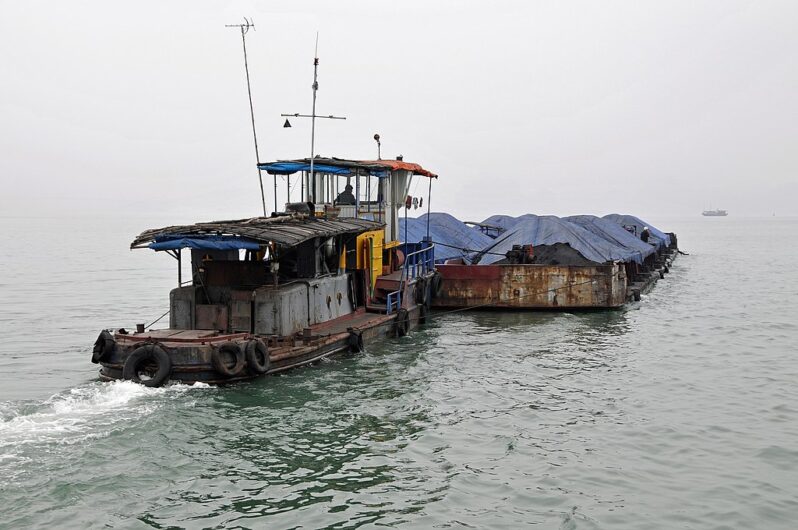
Illegal sand mining has been an ongoing issue in Thailand’s section of the Mekong River due to fragmented governance and “influential people.”
Crowds of locals and tourists are drawn to Had Hae – a sandy beach that emerges when the level of the Mekong River falls in That Phanom district in Thailand’s northeast Nakhon Phanom province, which borders Laos.
The beach, which looks like an island in the middle of the river, is filled with visitors and local people’s makeshift stalls selling food and other goods during the summer…
China’s Mekong dams turn Thai fishing villages into ‘ghost towns’- Context
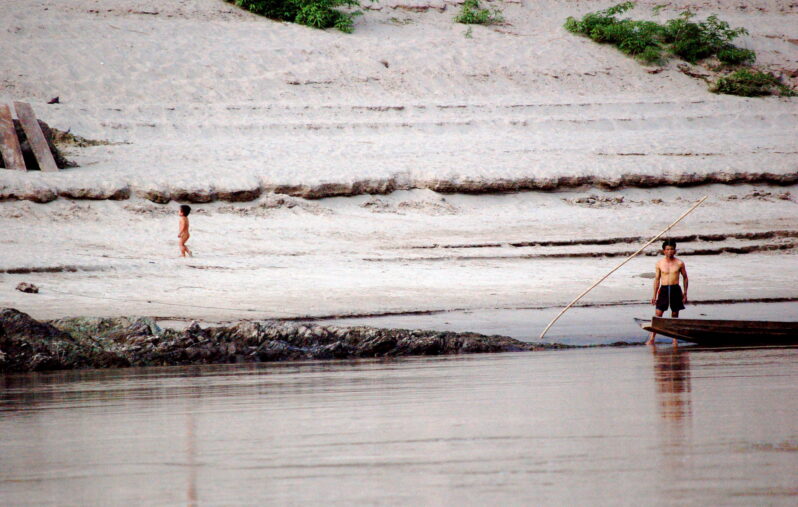
From February to April each year, Kam Thon spends most of her days knee-deep in the waters of the Mekong River by her village in northern Thailand, gathering river weed to sell and cook at home. Kam Thon and other women who live by the Mekong have been collecting river weed, or khai, for decades, but their harvest has fallen since China built nearly a dozen dams upstream. The dams have altered the flow of water and block much of the sediment that is vital for khai and rice cultivation, researchers say…
